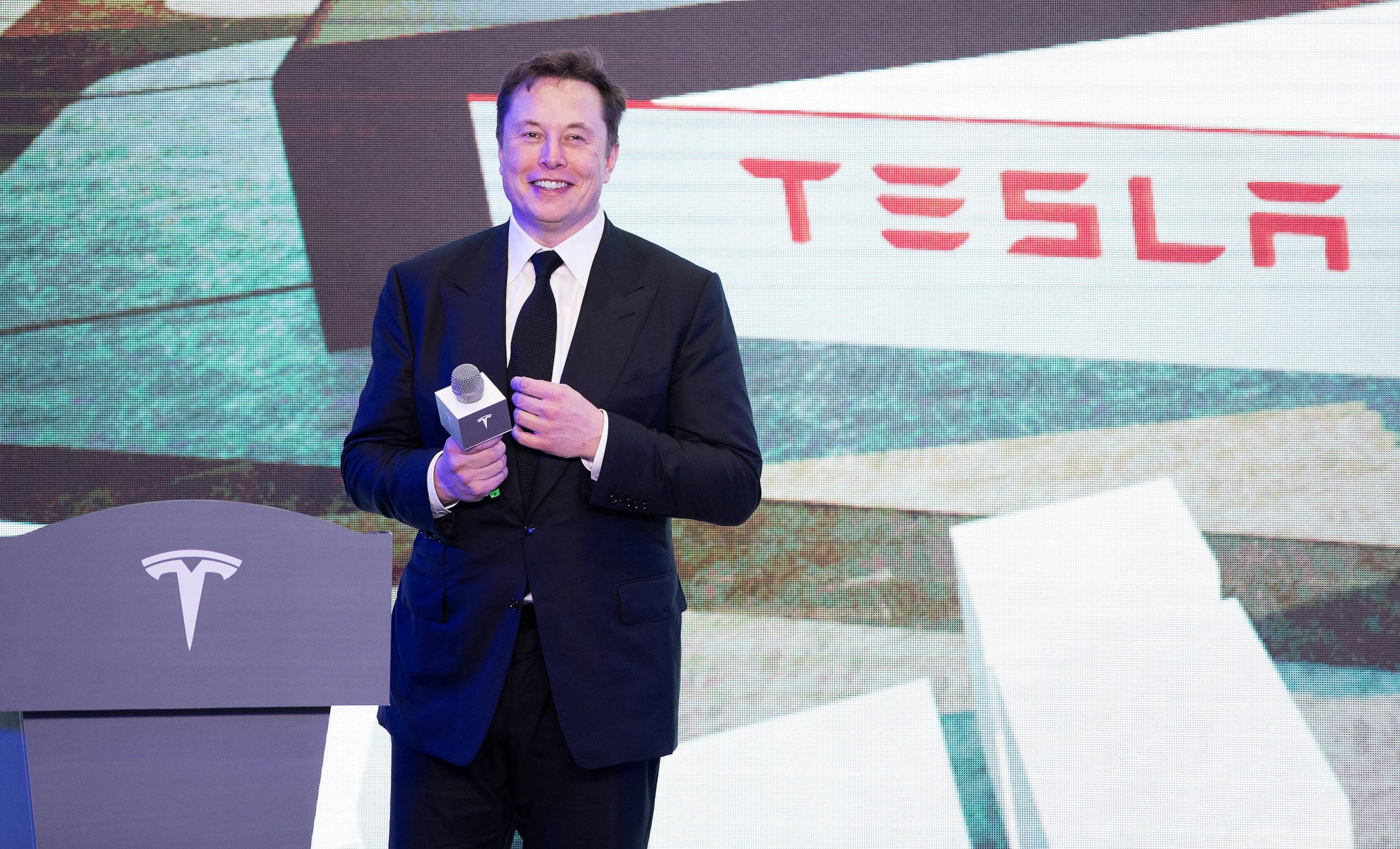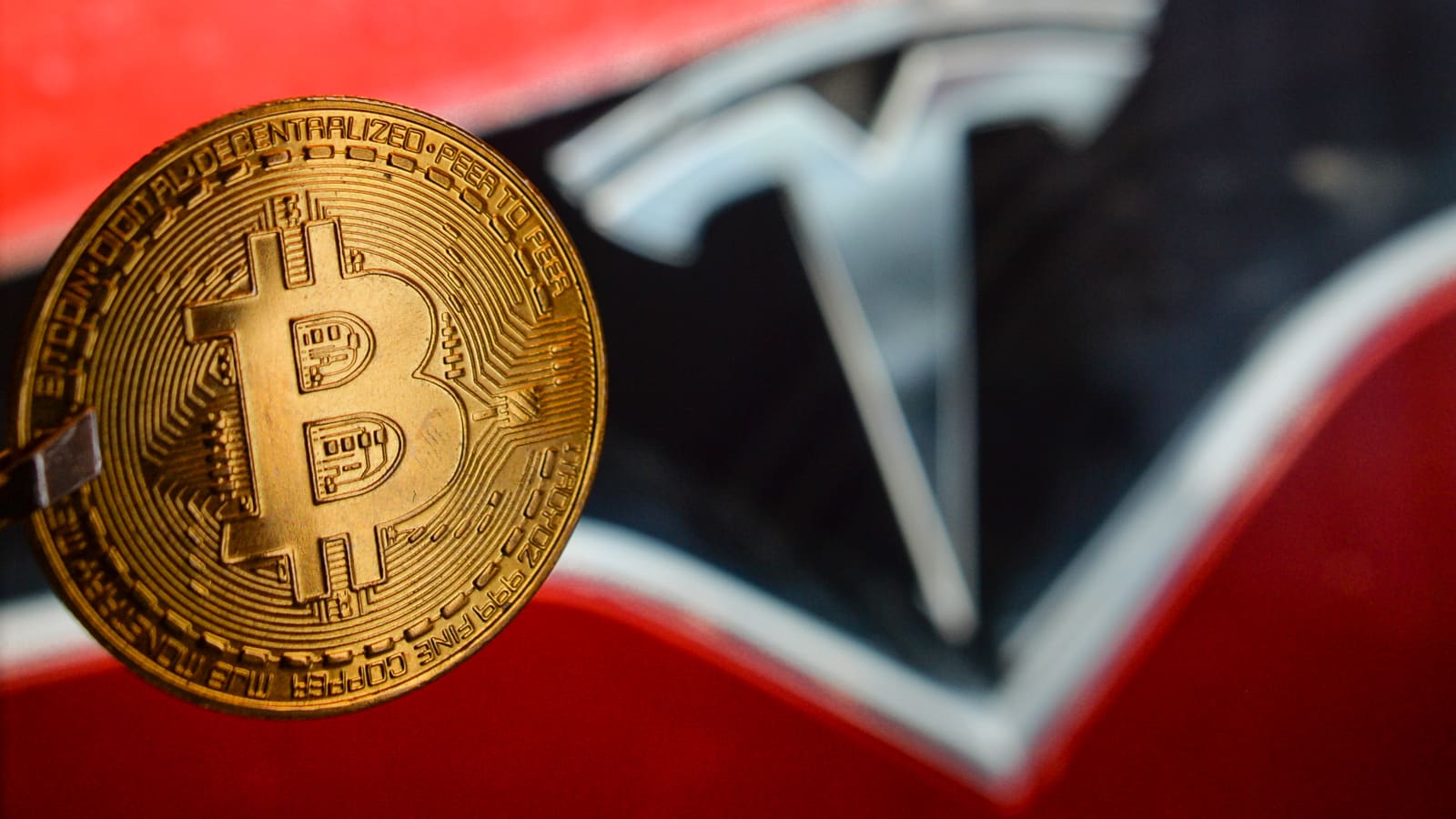Tesla’s $1.5 billion Bitcoin buy in 2021 sparks debate, boosts Musk’s assets

Tesla’s $1.5 Billion Bitcoin Buy in 2021 Sparks Debate, Boosts Musk’s Assets
Introduction: A Bold Move in the Cryptocurrency World
In 2021, Elon Musk made headlines once again with a bold and unprecedented financial move—Tesla, his electric vehicle company, announced that it had purchased $1.5 billion worth of Bitcoin, one of the world’s most prominent cryptocurrencies. This decision sent shockwaves through the financial world, sparking a wave of debate regarding the legitimacy and risks of such a move. While some lauded Musk’s visionary approach and his company’s commitment to innovation, others raised concerns about the volatility of cryptocurrency markets and the potential long-term impact on Tesla’s financial stability. Nonetheless, the Bitcoin buy significantly boosted Musk’s personal and company’s assets, with the value of Bitcoin rising substantially following the announcement. In this article, we delve into the implications of Tesla’s $1.5 billion Bitcoin buy, the impact on Musk’s financial portfolio, and the broader conversation surrounding the intersection of cryptocurrency and traditional industries.
Tesla’s Bitcoin Investment: A Strategic Move or a Risky Gamble?
Tesla’s decision to invest $1.5 billion in Bitcoin marked a significant departure from conventional corporate investment strategies. Traditionally, companies have avoided volatile and speculative assets like cryptocurrency, preferring safer investments in stocks, bonds, or real estate. However, Musk, known for his disruptive approach to business, saw potential in Bitcoin as both a store of value and a hedge against inflation. The decision was aligned with Tesla’s broader mission to challenge traditional industries and embrace the future of finance, which increasingly includes digital currencies.
The purchase also signaled Musk’s confidence in the future of cryptocurrencies, particularly Bitcoin, which he has long endorsed as a revolutionary force in the financial world. Musk’s interest in Bitcoin wasn’t a sudden change in direction; he had already been vocal about his admiration for the cryptocurrency, even endorsing it on social media platforms like Twitter. By making this bold move, Tesla not only diversified its assets but also demonstrated its willingness to explore innovative financial strategies that could potentially yield significant returns in the future.
However, the decision wasn’t without its critics. Many financial analysts and investors raised concerns about the volatility of Bitcoin and the potential risks involved. Bitcoin, known for its wild price swings, had experienced dramatic fluctuations in its value in the past, making it a high-risk investment. Tesla’s purchase of $1.5 billion worth of Bitcoin was seen by some as a speculative gamble rather than a strategic business move. In fact, just months after the announcement, Bitcoin’s value experienced a sharp decline, raising questions about whether Tesla’s decision to hold such a volatile asset would be beneficial in the long term.
The Impact on Musk’s Personal Wealth: A Major Boost
Elon Musk’s $1.5 billion Bitcoin investment has had a profound impact on his personal wealth, given the significant correlation between Tesla’s stock performance and the value of Bitcoin. As Tesla’s stock surged following the announcement, so did Musk’s net worth, boosting his standing as the world’s richest individual. Musk’s financial portfolio, already diverse with holdings in Tesla, SpaceX, Neuralink, and The Boring Company, received a major boost from the rise in Bitcoin’s value following the investment.
At the time of Tesla’s Bitcoin purchase, Bitcoin’s price was hovering around $40,000. By the end of 2021, Bitcoin had experienced a dramatic surge, reaching an all-time high of over $60,000. This price increase translated into significant gains for Tesla’s Bitcoin holdings, boosting the company’s overall assets and increasing Musk’s personal wealth. For Musk, this decision proved to be a profitable one, as the value of the Bitcoin held by Tesla appreciated considerably, further solidifying his position as one of the wealthiest individuals in the world.
However, this sudden rise in wealth was accompanied by an equal amount of risk. The volatile nature of Bitcoin meant that Musk’s personal fortune was, to some extent, tied to the fluctuating price of the cryptocurrency. While the price of Bitcoin has soared in recent years, it has also experienced significant corrections, raising the possibility of future losses. Despite these risks, Musk’s ability to navigate such uncertainty and his keen eye for high-risk, high-reward opportunities have made his investments in Bitcoin and other assets a focal point of both admiration and scrutiny.
The Broader Debate: Cryptocurrency in Traditional Industries
Tesla’s Bitcoin buy has sparked a broader conversation about the role of cryptocurrency in traditional industries, particularly among large corporations. The move raised questions about whether digital currencies like Bitcoin, Ethereum, and others should be considered a legitimate asset class for companies to invest in, or whether they remain too speculative and risky for mainstream adoption.
One of the key arguments in favor of cryptocurrency is its potential as a hedge against inflation. As traditional fiat currencies lose value over time due to inflationary pressures, many investors and institutions view Bitcoin as a store of value that can protect against currency devaluation. This argument has gained traction in recent years, especially as central banks around the world continue to engage in monetary policies that involve printing more money. Musk’s endorsement of Bitcoin as a hedge against inflation further reinforced this perspective.
On the other hand, critics argue that the volatility and lack of regulation surrounding cryptocurrencies make them unsuitable for mainstream adoption. While Bitcoin’s price has surged in recent years, it has also experienced periods of extreme volatility, leading many to question whether it can truly serve as a reliable store of value. The cryptocurrency market is also still largely unregulated, leaving it susceptible to manipulation and market bubbles. Additionally, the environmental impact of Bitcoin mining, which relies on energy-intensive proof-of-work mechanisms, has also drawn significant criticism.
Tesla’s investment in Bitcoin represents a turning point in the ongoing debate about cryptocurrency’s place in the financial world. While Tesla’s move was seen by many as a sign of confidence in the future of digital currencies, it also served as a reminder of the risks associated with these assets. As more companies consider incorporating cryptocurrency into their investment portfolios, the conversation around regulation, volatility, and long-term sustainability will only continue to grow.
Conclusion: A Visionary Investment with Lasting Implications
Tesla’s $1.5 billion Bitcoin investment in 2021 was a watershed moment for both the electric vehicle company and the cryptocurrency market. For Musk, it represented another bold move that further diversified his assets and reinforced his reputation as a forward-thinking entrepreneur. The investment paid off in the short term, with Bitcoin’s value rising substantially, boosting both Tesla’s financial standing and Musk’s personal wealth.
However, the decision also sparked intense debate about the role of cryptocurrency in traditional industries and raised important questions about the sustainability of such investments. While Bitcoin’s price may have surged in recent years, its volatility and lack of regulation remain significant challenges. Despite the risks, Musk’s willingness to embrace cryptocurrency as part of his broader portfolio highlights his commitment to innovation and his ability to think outside the box.
As the cryptocurrency market continues to evolve, Tesla’s Bitcoin investment may prove to be a precursor to a broader shift in how companies and individuals approach digital assets. Whether it serves as a hedge against inflation or as a speculative investment remains to be seen, but Tesla’s decision to bet big on Bitcoin has undoubtedly reshaped the conversation about the future of money, technology, and finance.











